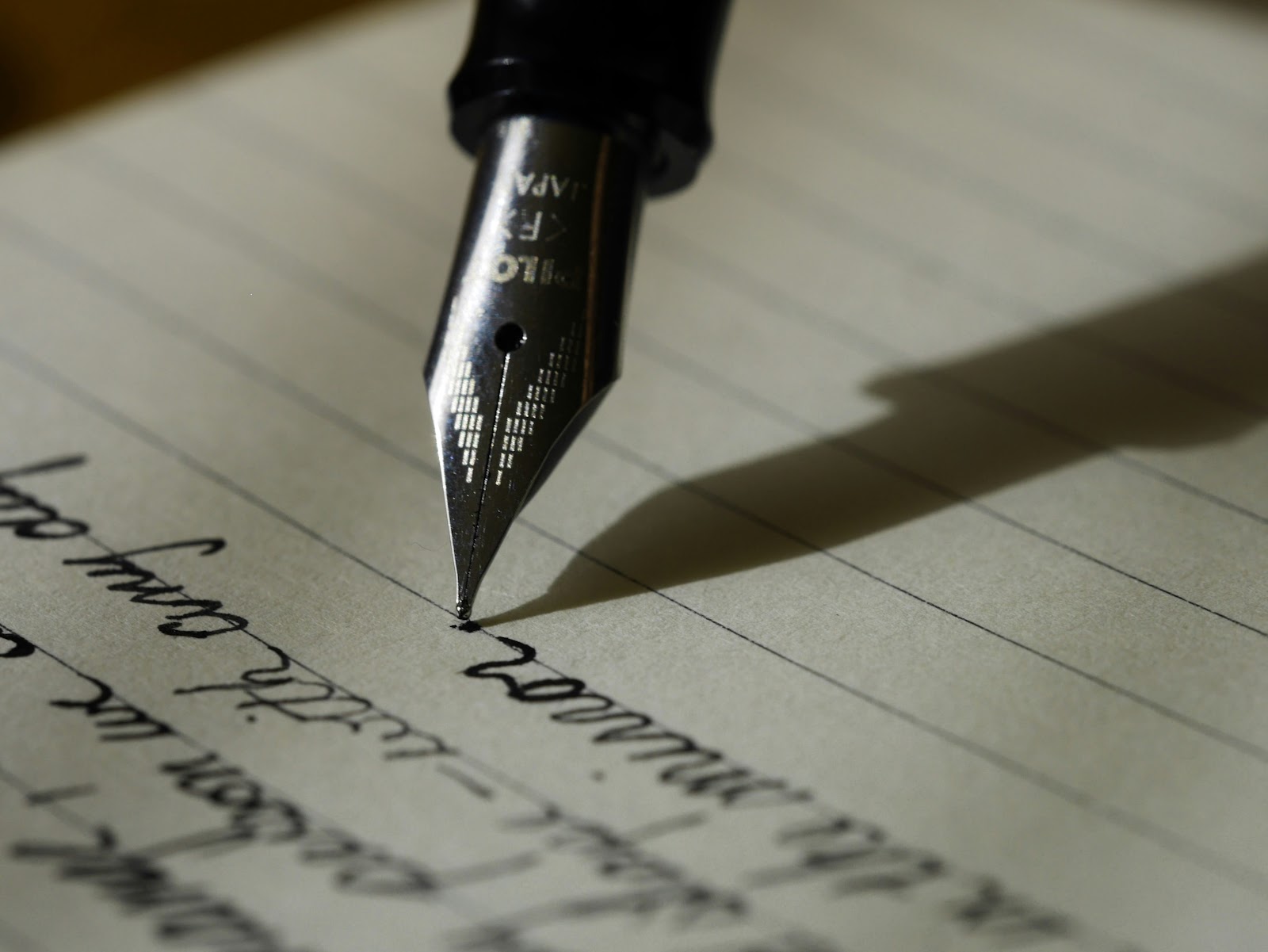The opening sentences of an argumentative essay hold immense power. They’re the gateway through which readers enter your world of ideas and perspectives. Writing these initial sentences—known as essay hooks—requires a lot of skill and creativity.
You should think carefully about how you begin your essay, as it engages the reader from the outset.
There are plenty of hook types at your disposal, each offering a unique approach to captivate your audience. We’re providing seven examples below, so keep reading!
Jul 1, 2024 • 7 min read
What Is an Argumentative Essay Hook?
An argumentative essay hook is a sentence at the beginning of your essay. This hook should pull readers into your writing and make them want to read more. It sets the tone for your whole paper and introduces the topic in a unique way.
There are different kinds of hooks that you can use. Some examples include:
- Anecdotes – These are short stories illustrating a point about your topic.
- Quotes – Using someone else’s words as part of your own argument.
- Questions – Ask thought-provoking questions related to your topic.
- Facts or statistics – Provide surprising factors or numbers that intrigue people to continue reading.
- Bold statements – Make strong claims early on to get people thinking.
Whatever type you choose, remember: its purpose is to make others curious.

Image from Unsplash
What Makes Argumentative Essay Hooks Good?
A good essay hook will instantly capture the reader’s attention. It should set the stage for the rest of the argumentative essay and make a punchy first impression.
Here are some features to look out for when writing catchy hooks:
- It’s relevant and relates to your essay topic. It should give the reader an idea of what the essay will be about without giving away too much.
- It’s engaging and interesting. It sparks the reader’s curiosity. It should make them want to continue reading to find out more.
- The quote is clear. It’s easy to understand. Avoid overly complex language or concepts that might confuse the reader. Also, ensure your writing flow is good.
- The opening sentence is original and stands out. Think about fresh angles or perspectives that might intrigue the reader.
- It has emotional appeal. This could be through a touching anecdote or a startling fact.
- It’s relevant to your essay. Your hook leads smoothly into your thesis statement. There should be a logical connection between the hook and the main argument or purpose of your work.
- It’s quick and concise. Your starting sentences entice the reader quickly without taking up too much space.

Image from Unsplash
Why Do You Need To Use Argumentative Essay Hooks?
Using an essay hook is essential to catch and keep the reader’s attention right from the start. In the age of information, we’re often overloaded with facts and research. A good hook sets you apart and encourages people to engage with your paper and argument.
Selecting your hook carefully not only attracts readers but also directs where they should go next. It sets the tone and direction of the essay.
Effective essay hooks can help writers leave unforgettable impressions on their audience. They demonstrate your writing skills and authority on the subject.

Image from Unsplash
7 Argumentative Essay Hook Examples You Should Use in Your Next Assignment
An argumentative essay hook should pack a punch and intrigue readers from the offset. Consider the type of argument you’re making. Make sure your hook leads smoothly into the rest of your paper.
We’ve included seven types of essay hooks with examples below so you can get an idea of what might work.
1. Quotation Hook
Quotations can draw readers in and act as a compelling hook for philosophical or educational essays. You’ll want to use a quote from a famous person, relevant to your subject.
Your first sentence might look like this:
“Imagination is more important than knowledge” – Albert Einstein
This is a great way to set a thoughtful tone for exploring abstract ideas and concepts.
In your second and third sentences, explain the significance of the quote in the context of your essay. Make sure to reference the quote to avoid plagiarism.
2. Anecdote Hook
An anecdotal hook lets you recall a personal experience that relates to your essay’s topic. This hook serves to engage readers emotionally and makes complex issues more relatable.
You only want to use an anecdotal hook in a narrative/personal essay where connecting on a human level is key. It would be an effective hook for a personal statement, for example.
An example of an anecdotal opening hook could be:
“Two summers ago, I went on a backpacking trip through the remote valleys of Nepal. There, I stumbled on a tiny village where the locals welcomed me with open arms. Their stories illuminated their resilient spirit amidst adversity.”
This is a poignant personal story hook that piques the reader’s interest very early on. The vivid imagery described in the personal anecdote allows the reader to relate to the writer.
3. Description Hook
Using descriptive imagery can make for a persuasive hook if done properly. Let’s say you’re writing an argumentative essay about implementing stricter environmental regulations. You could begin your paper with a description hook, like this:
“The sun-kissed waves lap gently against the golden sands.”
This description can vividly depict the beauty and fragility of coastal environments, evoking emotion in the reader. This could make your compare-and-contrast essay about climate change even punchier. Obviously, a descriptive hook doesn’t work for all essay types. Be careful if using it in a research paper.
4. Question Hook
An interesting question hook will quickly get the reader’s attention and get them thinking. Research papers in particular can benefit from a question hook, as it makes for a strong introduction.
An example of a compelling hook at the very beginning of your paper might be:
“What if the cure for cancer lies within the mind of a child who cannot afford an education?”
This question encourages readers to ponder a problem or scenario. This makes it suitable for persuasive or argumentative essays that aim to provoke thought and discussion.
5. Story Hook
A short story hook is a fantastic way to set the scene for your argumentative essays in an interesting way. This works particularly well for expository essays, where you can play with the tone and style.
Let’s say you’re writing a historical essay and you’re trying to write a hook. You could write something like:
“In the quiet cobblestone streets of 17th-century London, there are whispers of a clandestine meeting echoed through the shadows. It was here, under the cloak of night, that a spy traded secrets that could sway the fate of empires.”
This introductory paragraph allows the reader to place themselves in this historically significant moment. It’s a captivating story that leaves a lasting impression.
6. Statistic Hook
Some of the best attention-grabbing hooks are statistical. They effectively engage the reader and set the scene, especially for research papers. They also give context to your essay and its importance.
An example statistic hook could be:
“Over 80% of marine pollution comes from land-based activities.”
Statistic essay hooks get straight to the point and set up the basis of your argument. They work in any and all academic papers.
7. Metaphor Hook
A metaphor uses figurative language to evoke a deeper meaning. It’s an ideal hook for abstract essays and themes. It doesn’t typically work for research papers and essays, but it might work in English class.
An example of a metaphor is:
“Time is a river that flows ceaselessly, carrying our lives in its currents.”
All the example hooks we provided above will work well in different types of essays. Choosing the right one for your essays can attract attention and establish the background needed. A persuasive first line can make all the difference.
Get Help With Your Essays Using Smodin AI
Would you love to take your essay writing to another level? Discover the power of captivating essay hooks with the Smodin AI Essay Writer, the best essay-writing helper.
Register now and get unlimited access to resources that will boost your writing skills while also grabbing your readers’ attention. Unlock your potential as an essay writer today by signing up for Smodin AI!
FAQs
Is it possible to use different kinds of hooks in one essay?
You can apply diverse types of hooks in an essay especially if it is lengthy. Or, if there are a lot of sections. Just ensure the transition between each hook into the next part of your paper is smooth.
Can I use all types of hooks in my argumentative essay?
The choice of a hook should depend on the purpose and style of writing. For instance, a personal anecdote may be appropriate for narrative papers. But, it might not work well for technical research articles.
What’s the best length for an essay hook?
An effective essay hook should be brief but powerful; typically, it consists of one or two sentences only. Its main aim is to grab attention quickly and lead smoothly into the main body sections of your work.


 AI
Plagiarism Checker
AI
Plagiarism Checker
 AI
Content Detection Remover
AI
Content Detection Remover
